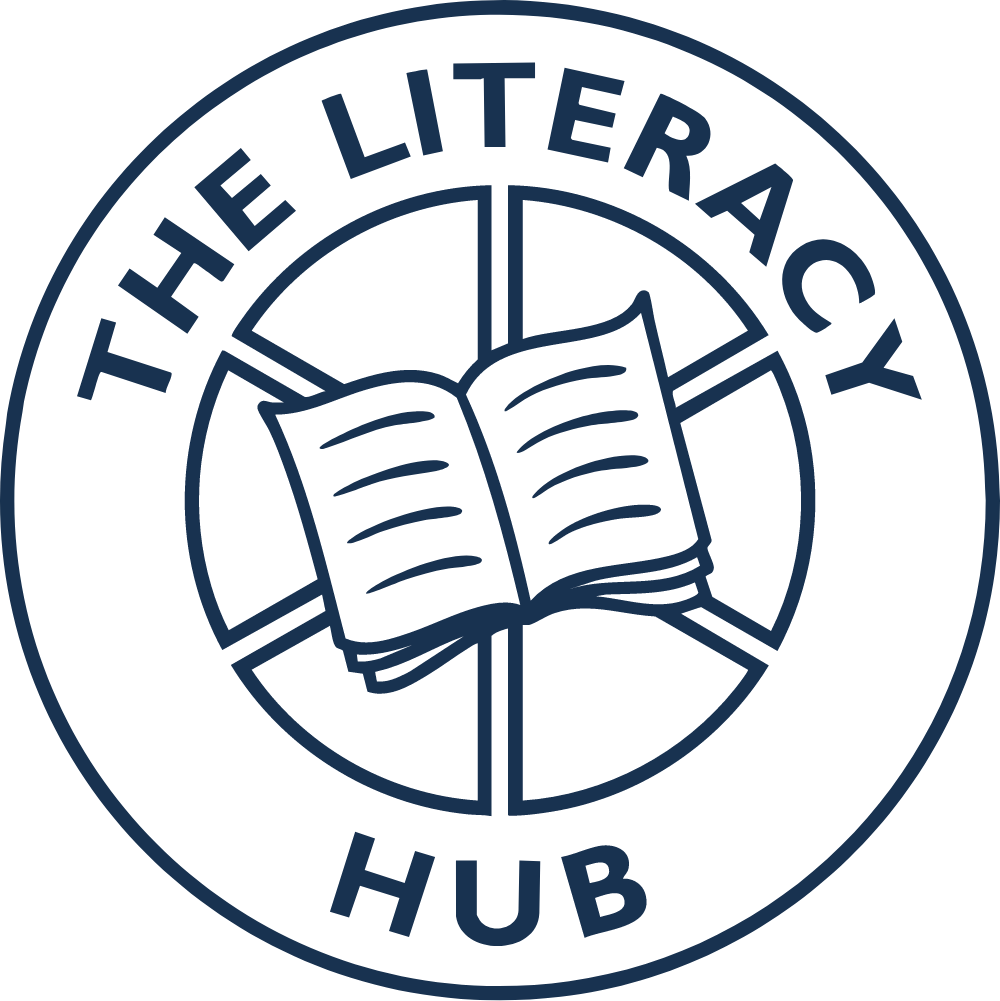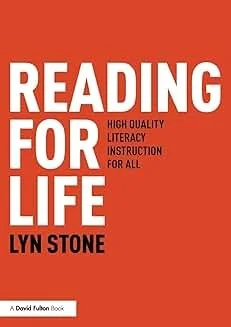Reading for Life
Reading for life: High-quality literacy instruction for all
by Lyn Stone
A forthright history of the main ideas in teaching reading, together with some practical guidance for teaching
Reading for Life is part of the ‘for Life’ series, including Spelling for Life and Language for Life, all written by Lyn Stone, who is a literacy consultant and trainer with a specialist tutoring practice in Australia.
What it’s about
Section 1 introduces the Simple View of Reading and the ‘big six’ components of learning to read:
1. Oral language development
2. Phonological awareness
3. Phonics
4. Fluency
5. Vocabulary
6. Comprehension
The author also gives clear explanations of other processes that affect reading skill: rapid automatised naming (RAN), working memory and processing speed.
Section 2 provides a history of ideas about how to teach reading. It includes a helpful list of the key researchers and influencers in the field, a summary of the main developments in teaching reading in the US, UK and Australia, and also a list of useful organisations and websites.
Section 3 explores some of the reasons why evidence from the ‘science of reading’ has taken so long to become integrated into mainstream education. Much of this section is a summary of things that reading teachers should beware of. It discusses the attraction of ‘cults and catchphrases’, the risks of assuming that an idea must be right because so many people agree with it, the straw man fallacy, the appeal of charismatic speakers, and the crucial difference between correlation and causation.
Section 4 provides ‘tips and techniques’ for how to teach reading and writing, including handwriting and the alphabet. This is by no means a programme, but it will give teachers a some ideas for where to begin, and what to look for if they are choosing a programme.
The good
Lyn Stone isn’t afraid of saying what she thinks. For example, on the topic of ‘word shapes’ as a means of learning spellings: “If you are using this technique, please stop… There is not one single study in the entire history of this planet which shows any benefit from doing this.” In a context where lots of teachers are wasting their pupils’ time, this frankness is helpful, especially when accompanied by clear explanations.
The author’s linguistic background and her experience of tutoring came across clearly throughout the book. As an literacy interventionist myself, I appreciated reading a book written by someone who specialises in small group or one-to-one tuition, and particularly empathised with her frustration at poor teaching that results in “chronic guessers who blurt out random words rather than take the time to use the written code”.
I also liked the brief chronological history of the teaching of reading, which isn’t something that I’ve come across elsewhere. It helps provide the big picture that contextualises many of the approaches and programmes that many teachers will have heard of.
The less good
Reading for Life was published in 2019. Since then, educators have become far more aware of evidence-based approaches to teaching reading, so perhaps an updated edition with more focus on what educators should be doing, rather than warning them about what they shouldn’t be doing is needed. Indeed, on a recent podcast (linked here), Lyn Stone mentions that she would like to write a second edition.
The tips and techniques in Section 4 are very brief – literally just a few pages on how to teach each component of reading. They are a slightly odd mix of general advice and very specific examples (e.g. the Yes-No game for teaching suffixes; how to teach spellings for the days for the days of the week). So, they are really just a starting point in terms of what to look for in a reading programme, and a bit of inspiration in terms of how to engage pupils effectively.
The takeaway
Reading for Life is an entertaining, no-nonsense account of the ‘reading wars’. I’d recommend it for anyone who is yet to be convinced of the effectiveness of structured literacy, and for those who would like an overview of evidence-based strategies for teaching the main components of reading.
Podcast pairing
Lyn Stone discusses Reading for Life on the ERRR podcast hosted by Ollie Lovell, which always gets to the heart of pedagogical questions with long and in-depth discussions. Here, Lyn talks through the ‘Big Six’ components of literacy, and gives recommendations for further reading.

